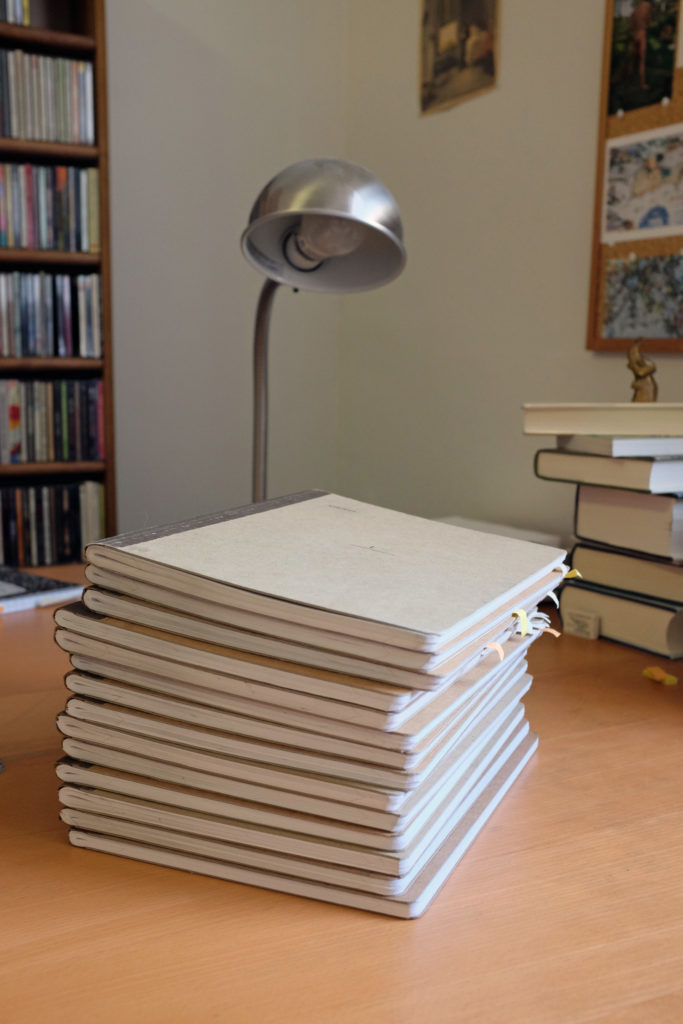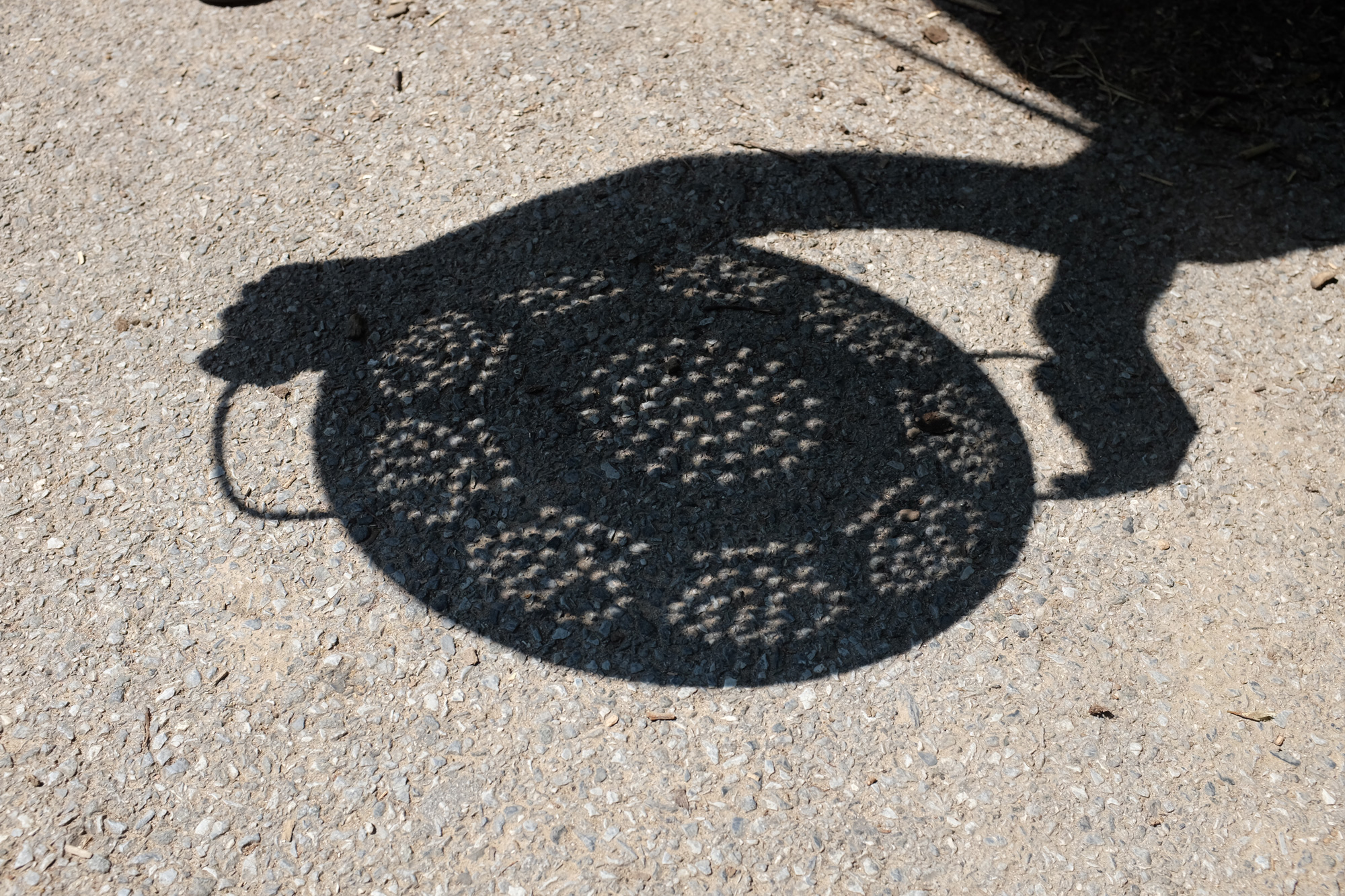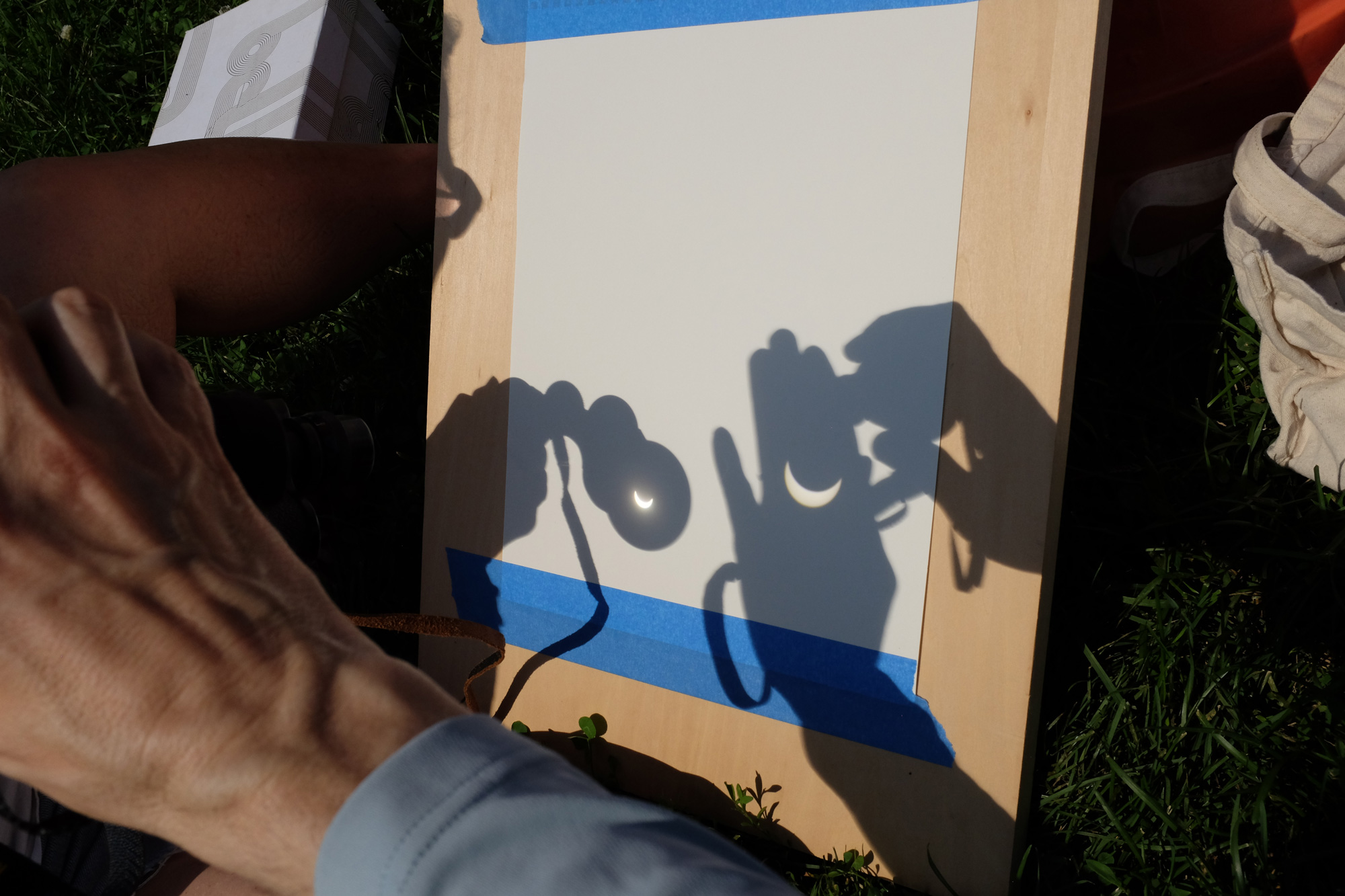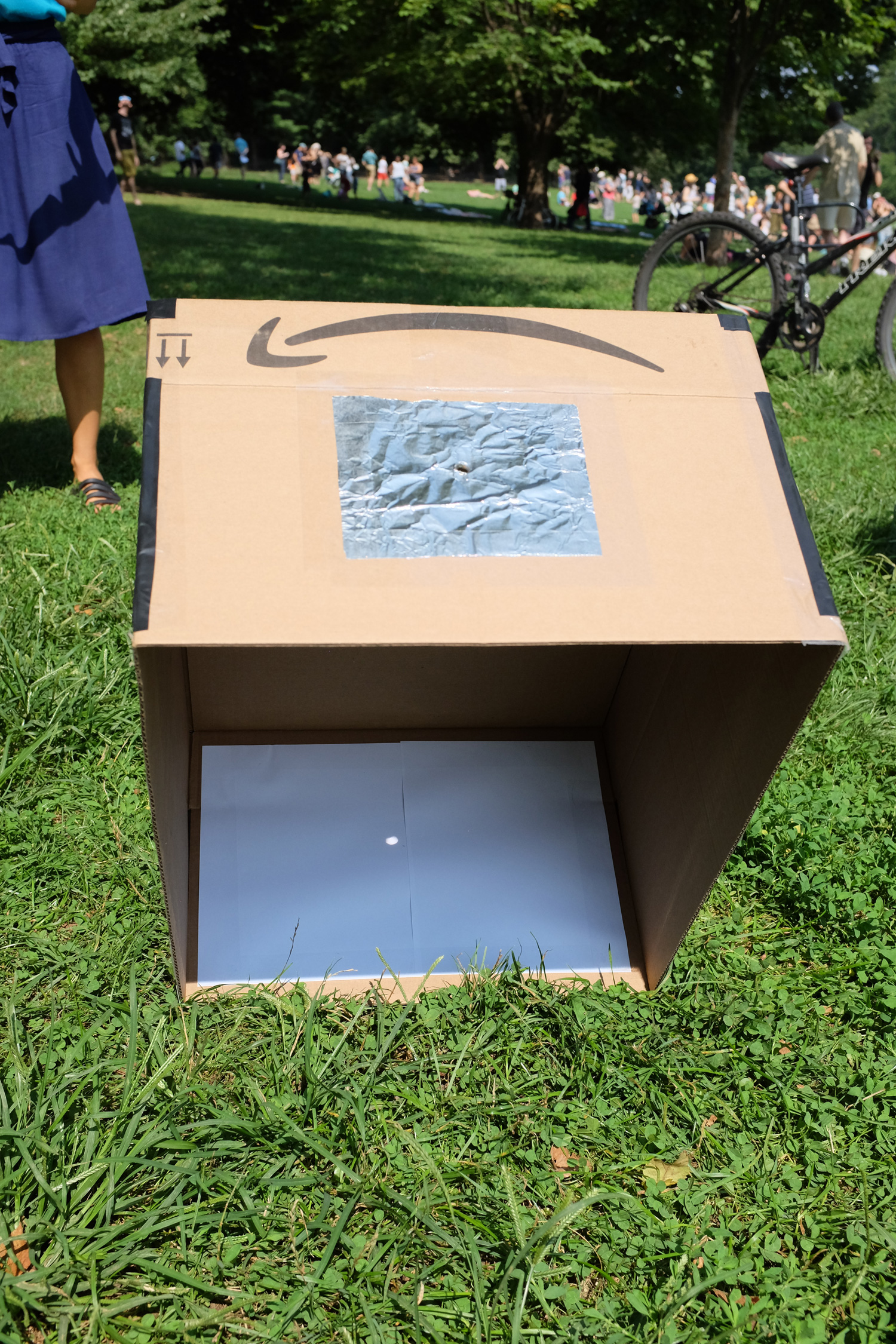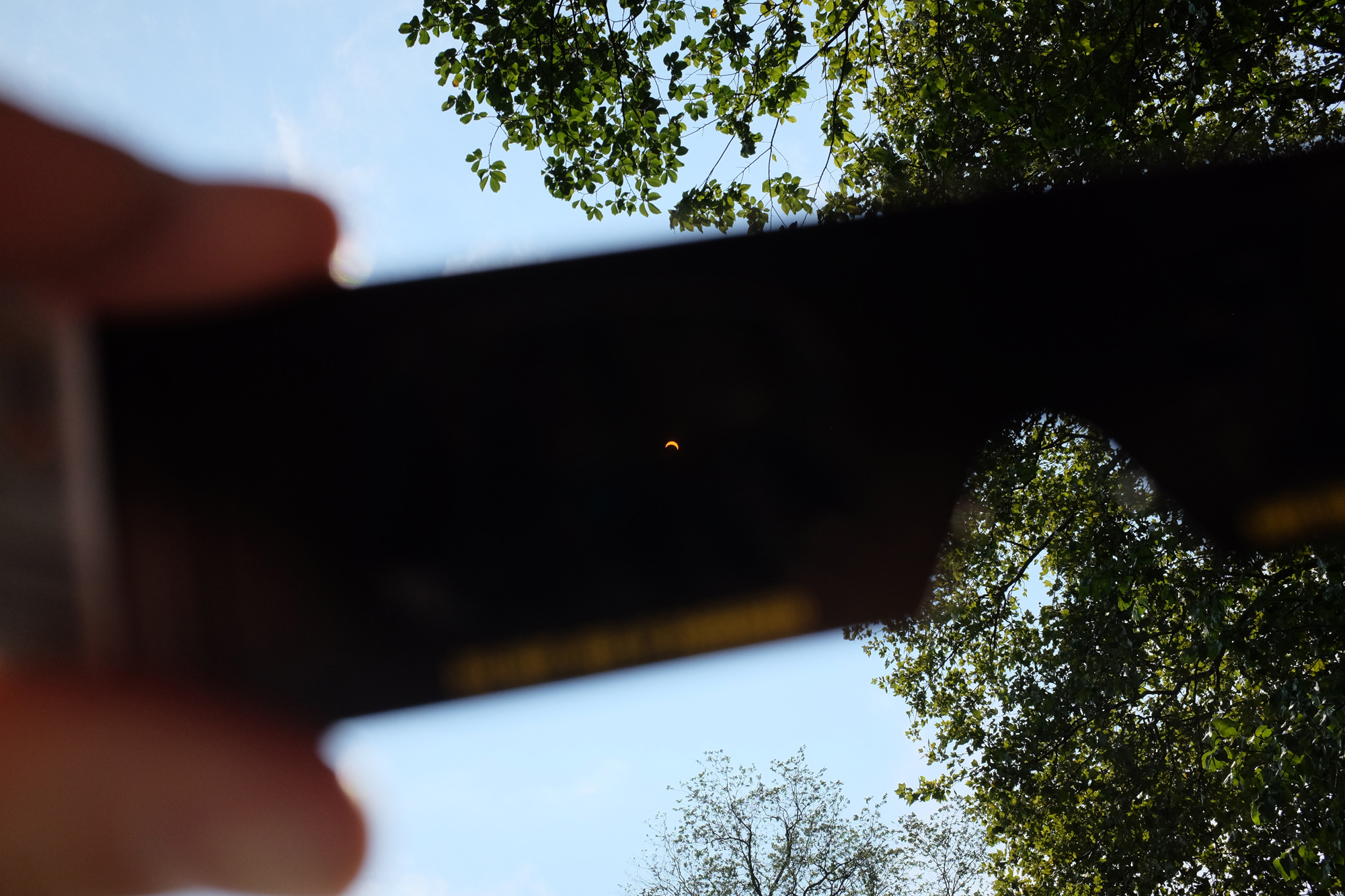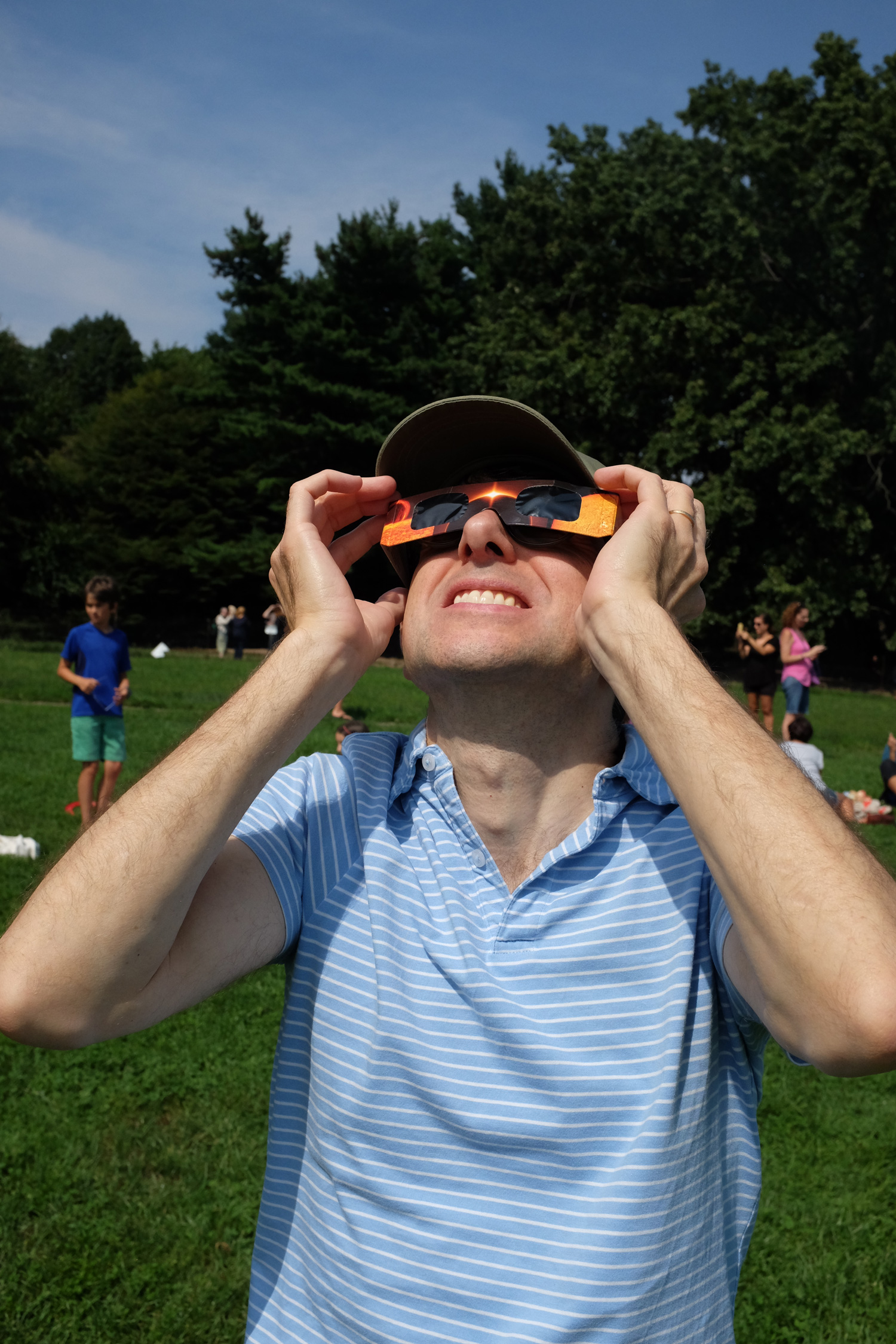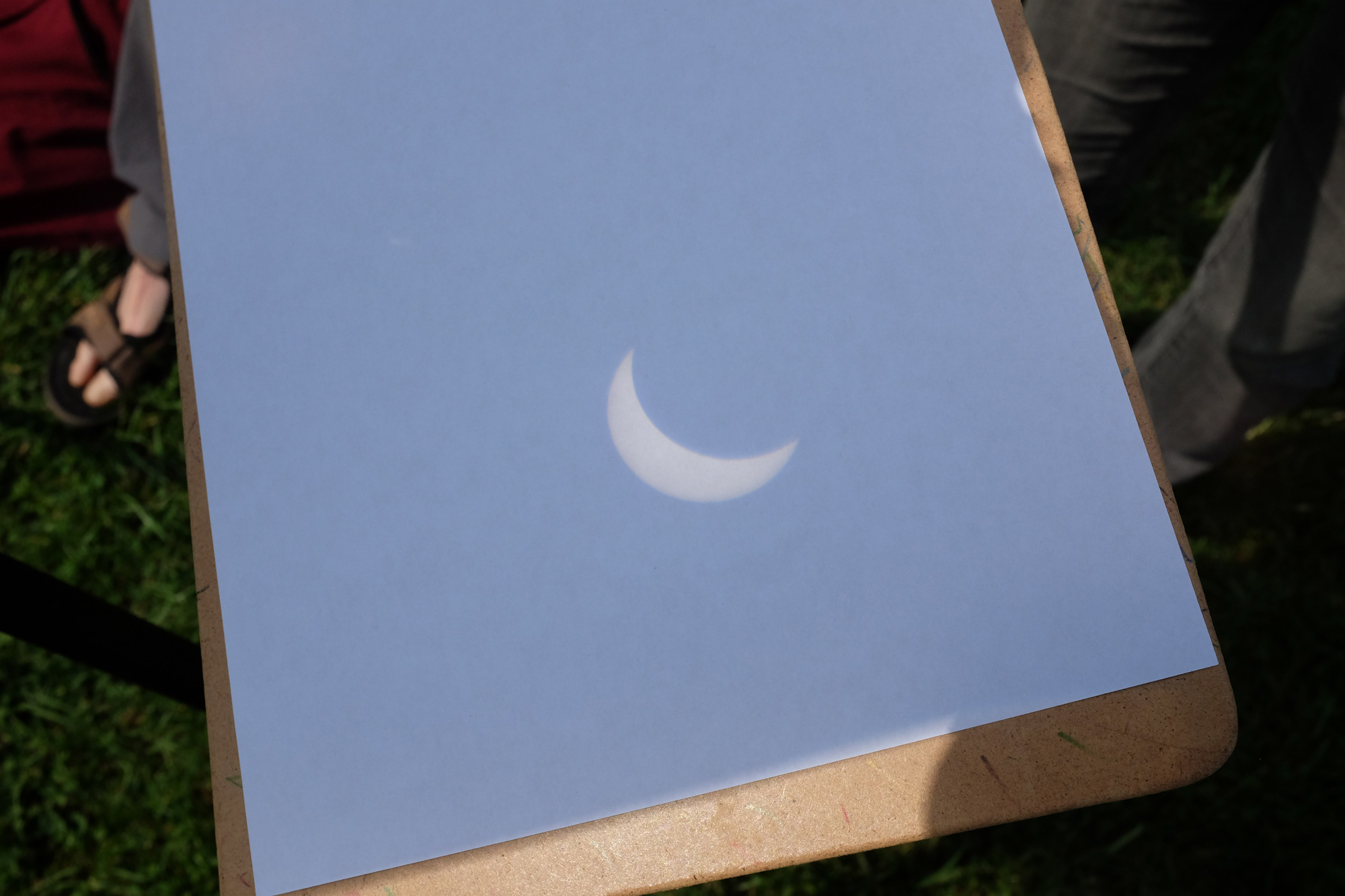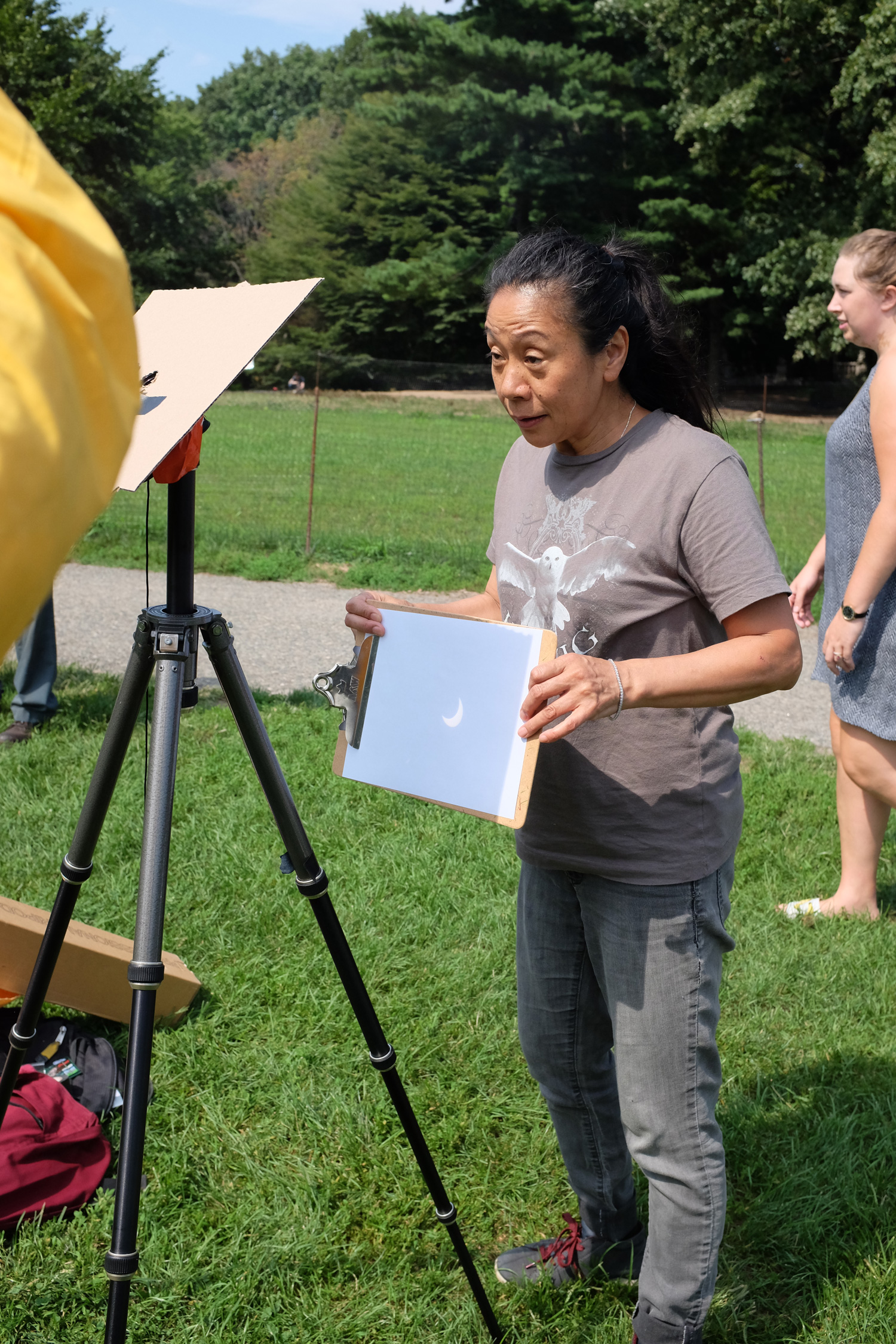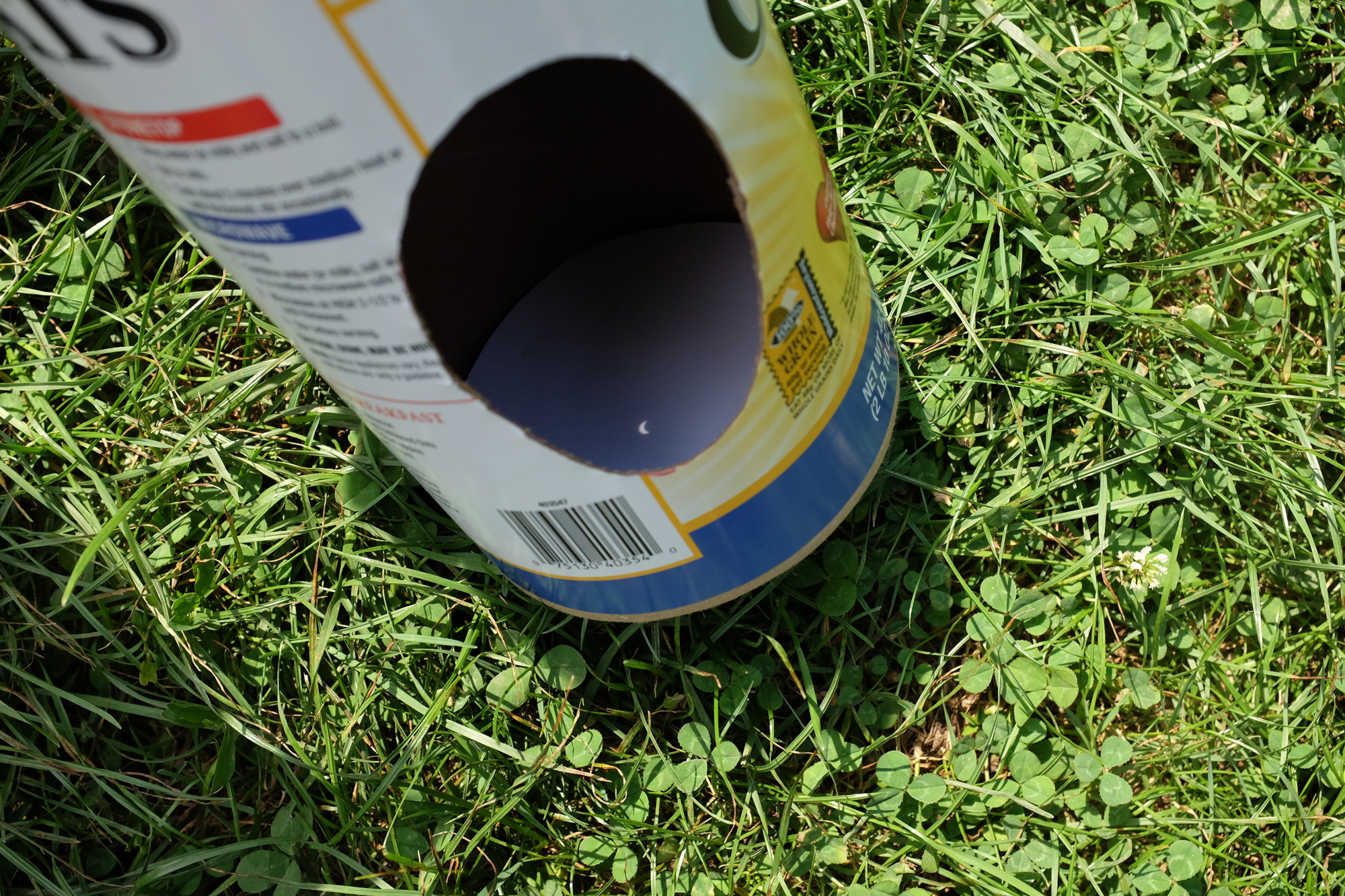Author: Caleb Crain
An unfortunate likeness
A few months ago, an unfortunate likeness occurred to me: What if Donald Trump is like Saddam Hussein? The arrest of Manafort this morning has reminded me of this terrible possibility.
Let me try to explain.
As you probably recall, America invaded Iraq and overthrew its dictator, Saddam Hussein, because America’s leaders at the time believed that Saddam was harboring weapons of mass destruction. And as you probably also recall, vanishingly few such weapons were found after the invasion, to the great embarrassment of America’s leaders. How did they get it so badly wrong? How was it that the intelligence agencies they depended on also got it wrong? The case has been made that America’s leaders were acting in bad faith—that they knew the evidence was flimsy and didn’t care because they intended to fool the American public. Maybe. But whether in bad faith or in earnest, the members of the Bush administration convinced not only themselves but also most of Congress and many of America’s pundits and journalists. Protests against the Iraq invasion were massive, but the leaders also succeeded in convincing enough of the public—or at least raised in enough citizens’ minds sufficient doubts—that the invasion went forward. How could the case have been so convincing when the evidence was so weak—when, in fact, the weapons weren’t there?
Well, one of the lines of argument at the time was this: Look at the way Saddam is blustering and obstructing. He’s accused of having amassed weapons of mass destruction, and we and a number of allies are threatening to invade his country and overthrow him. Would he really be willing to risk such a disaster if he didn’t have any weapons of mass destruction? In his position, any rational person who was actually innocent would surely let international inspectors into his country and let it be proven that he was innocent. If he’s innocent, maybe it rankles him a little that he’s being falsely accused. But what politician in his right mind would value his righteous rage more highly than a secure and continuing hold on power?
You probably see where I’m going with this.
Saddam was not in his right mind. He was a malignant narcissist. He had virtually unlimited power within his own country, and he had grown accustomed to indulging his personal grandiosity without limit. He didn’t much care about staying in contact with reality for its own sake. What he was passionate about was his sense of honor and pride, which is a polite way of saying that more real to him than reality was the rage that he felt whenever his self-esteem was challenged.
What if Trump is a similar case? Trump’s former campaign manager Paul Manafort was arrested this morning on charges of money-laundering, tax fraud, and conspiracy to disguise his work for a foreign power, namely, pro-Russian politicians in Ukraine. Manafort’s connections to Ukraine and Russia looked shady even last summer, and there’s much evidence that through hacking and disinformation, Russia was trying to influence and did influence America’s 2016 presidential election. But what if Trump himself in fact didn’t have anything to do with Russia’s meddling? What if he fired Comey, and made and continues to make statements that threaten to trigger a Constitutional crisis, only out of narcissistic rage? I hasten to say that I don’t know that Trump is innocent of collusion with Russia, and that I do think that the possibility of such collusion should be thoroughly investigated, by investigators as independent as possible from his meddling. But I also think that people dismayed by Trump should be prepared, politically and psychologically, for the possibility that Trump didn’t collude with Russia and simply can’t get his mind around the fact that although he’s now the highest authority in the land he can still be subjected to scrutiny and doubt—even on matters where he happens not to be guilty. The insult of it! To be suspected of a crime one didn’t even commit! Democracies regularly inflict such insults on their leaders, but I don’t think Trump understands that he still lives (for now) in a democracy.
Please don’t let the arrest of Manafort raise your hopes too high, is I think what I’m trying to say here. I’ve thought since last summer that Manafort will end up in prison, and that he might not be the only one in Trump’s circle to end up there. In another era, to have hired someone so corrupt would discredit a politician, but politics has changed and we live in a darker world now. The investigation must go forward, and it’s wrong of Trump to make any attempt to obstruct it, but it’s possible that tugging on this string will not unravel the whole Trumpian sweater.
UPDATE, 11:25am: Maybe my take here has been superseded by the guilty plea of Trump foreign policy advisor George Papadopoulos, which was released while I was writing it. At first, in embarrassment at my poor timing, I deleted this post, but in the interests of humility and full disclosure, here it is again. As of this writing I’m more hopeful than I was a few hours ago that Trump might eventually be shown to be guilty of collusion with Russia.
Novel #2
Eclipse, Brooklyn
This afternoon I biked eagerly to the art gallery Pioneer Works, in Red Hook, which was hosting an eclipse-viewing party and was handing out the special glasses needed for viewing, only to find that even at 12:45pm, the line for admission wound all the way around the block, looped, and wound all the way around the block again. I waited until I reached the inner ring of waiting, at which point a staffer declared that the building was at capacity and out of eclipse-glasses and we should all go home.
Biking my retreat, I stopped a second-grader carrying a jerry-rigged cereal box to ask how she had made it. While she carefully explained, her brother let me have a look through his eclipse glasses. I saw that the Cookie Monster of the moon had begun munching the sun. I hurried home, and following directions, cut two holes in one end of a shoebox, taped aluminum foil over one of them, pricked the foil, and managed to see a faint dot inside the shoebox at the far end, slightly nibbled. It was a little clearer than this in real life; I couldn’t quite photograph it:
When Peter and I wandered into Prospect Park, my homemade pinhole camera proved useful for trading views with people who had better apparatuses. The simplest and most spectacular was an upside-down colander, which sprayed a whole constellation of eclipsed mini-suns onto the sidewalk.
Holding a pair of binoculars backwards, with one eyepiece shuttered, and aiming the image onto a blank sheet of paper, created perhaps the most elegant design. There are two here; my shaky hand is holding the pair of binoculars on the right.
It was one of those lovely rare moments when New Yorkers seemed happy to be approached by strangers and willing to share with them easily. A few more devices and images:


